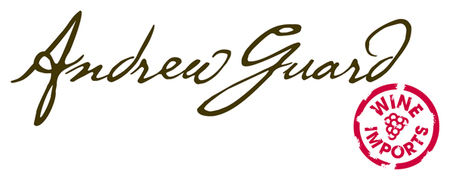Georges Descombes
Brouilly
This year whilst visiting Jean Foillard he suggested we go to Georges Descombes house as he was having a small dinner party to be cooked by legendary Parisian chef Yves Cambdeborde. I was able to taste Georges wines with him and to say I was deeply impressed is an understatement. His wines have excellent depth and resonate in the mouth with vibrancy and clarity. He has mostly old vines and this really shows in the wines. It didn’t take too much thought before I enquired if we could start working together, I had to have these wines.
So I am excited to finally have the wines of Georges Descombes in my portfolio. He is the unofficial 5th member of the famed ‘Gang of Four’ (Marcel Lapierre, Jean Foillard, Jean-Paul Thévenet and Guy Breton) who shook things up in the late eighties by returning to the old practices of viticulture and vinification: starting with old vines, never using synthetic herbicides or pesticides, harvesting late, rigorously sorting to remove all but the healthiest grapes, adding minimal doses of sulfur dioxide or none at all, and disdaining chapitalization. Their wines have become world famous and each has his individual style.
As soon as Georges took over the estate from his father in the late eighties he immediately started shifting viticultural and oenological practices forward. Though his father had always worked traditionally in the vineyards and cellar, Georges decided to push things further by practicing organic viticulture (certified by Ecocert) and eliminating all entrants or manipulation during vinification. In total, Georges owns about 15,5 hectares of land spread over 5 appellations : 7,5 hectares in Morgon, 3,5 hectares in Brouilly, 2 hectares in Regnié, 0,5 hectare in Chiroubles and 2 hectares of Beaujolais Villages.
In the winery, he uses very little (or no) sulphur and eschews filtration. Where his style differs from his peers is that he leaves the must to undergo cold carbonic maceration for a whole 30 days. He then ages his wines for around a year (in barrels for the Vieilles Vignes) prior to bottling. Further extended ageing in bottle helps these natural wines to stabilise and develop. The resulting wines are amazingly fresh and mineral whilst having the structure to age.

